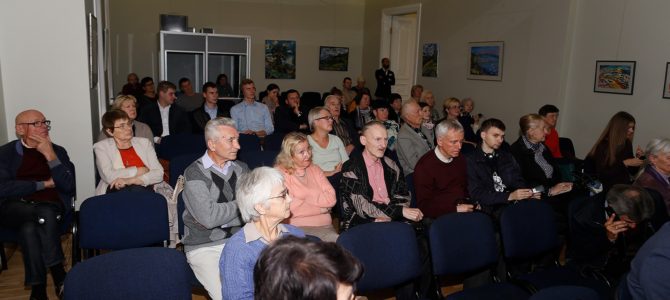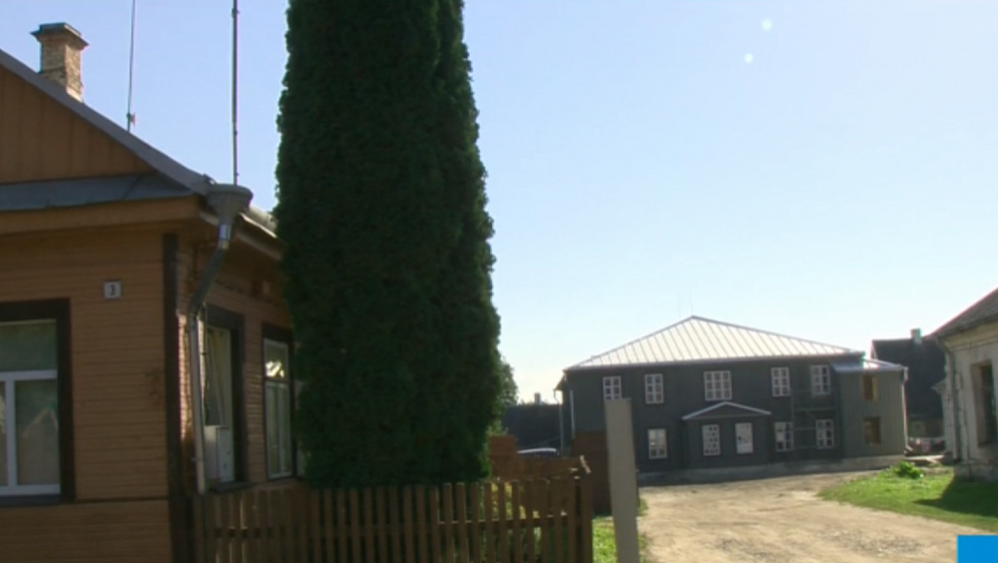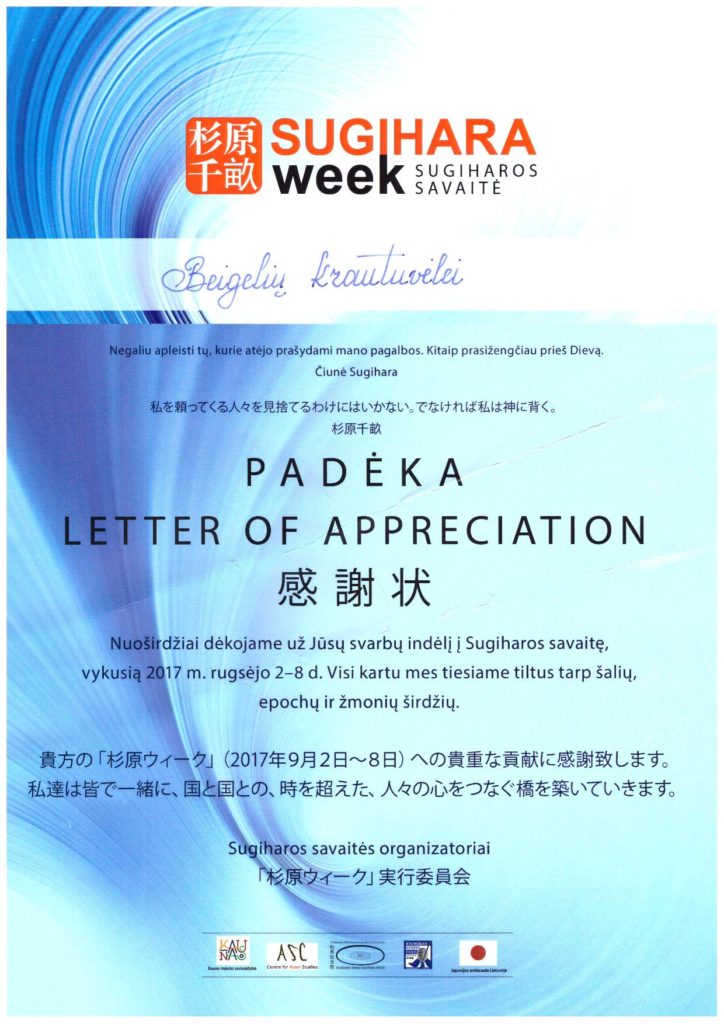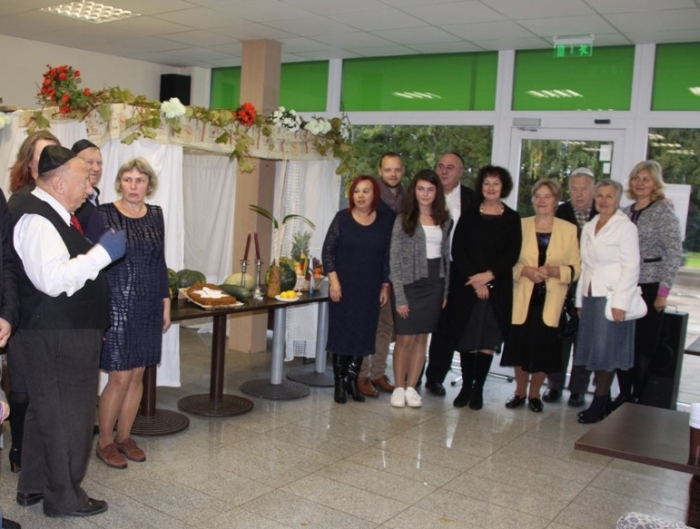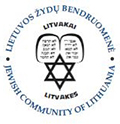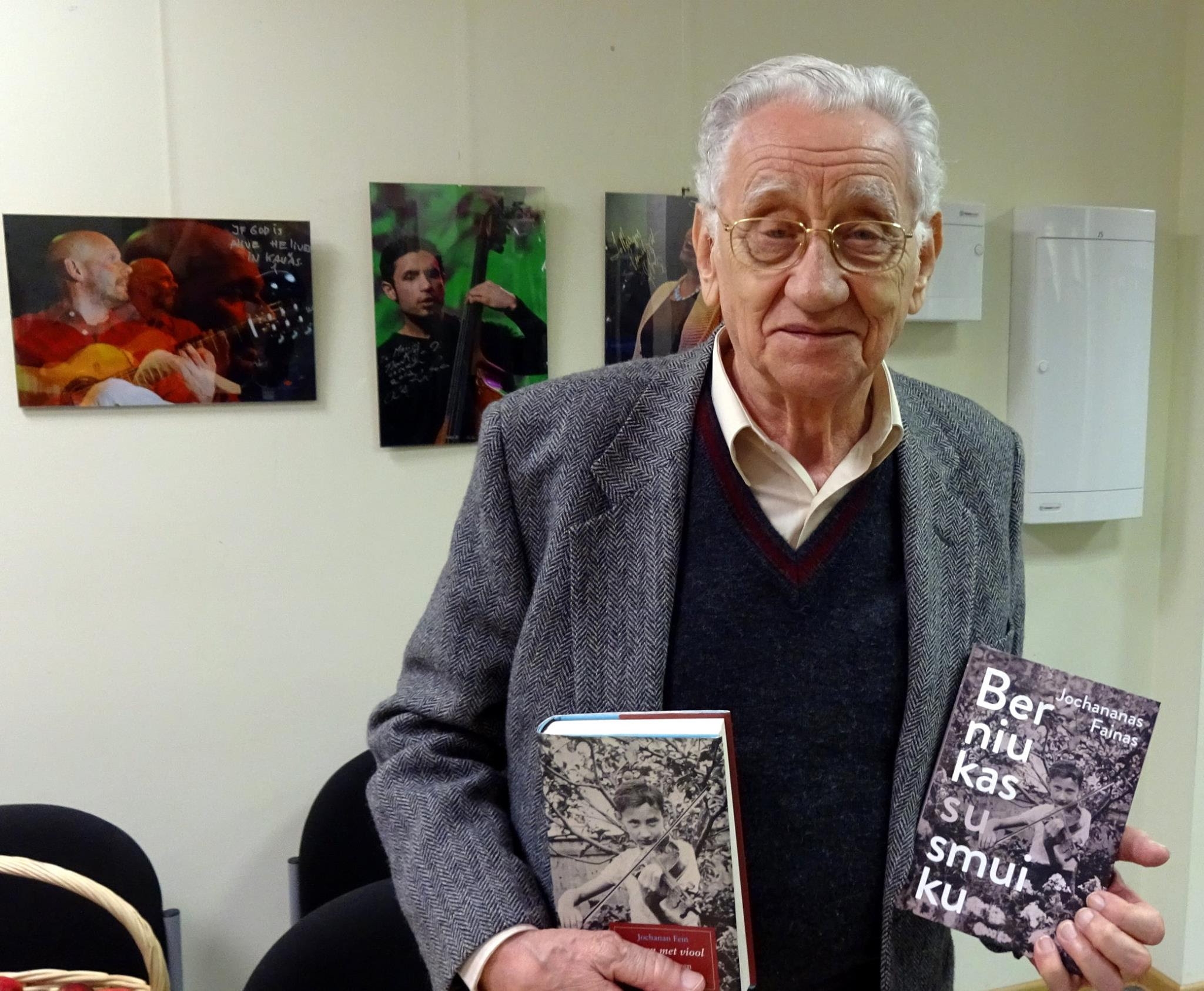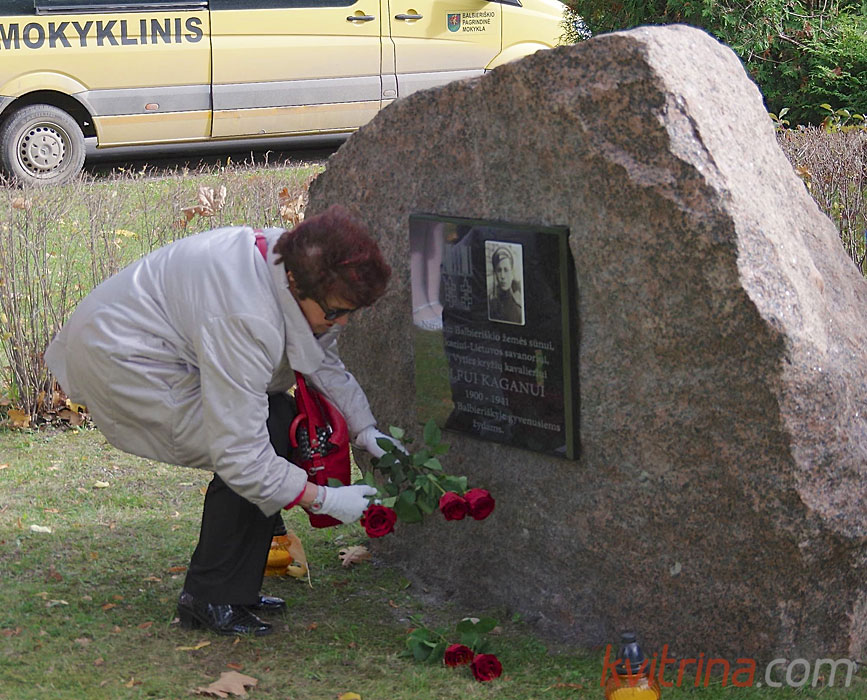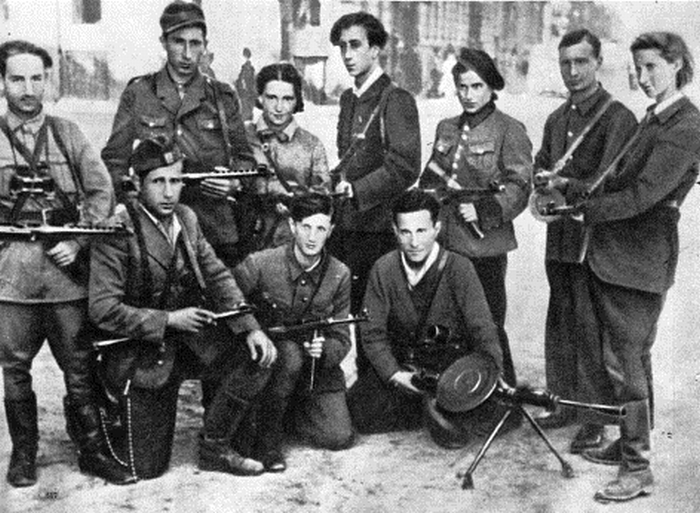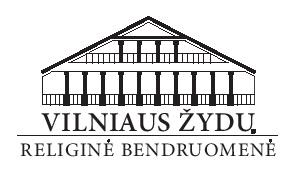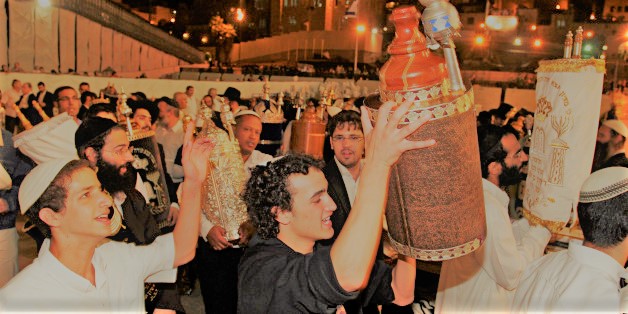
by Mečys Laurinkus, www.lrytas.lt
Toppling (taking down temporarily for restoration) the “idols” on the Green Bridge [in Vilnius] under natural field conditions with no special measures taken, I overheard the complaint: the topplers themselves name streets and hang memorial plaques to the “heroes” who took part in the shooting of Jews. The public is interested in history, reads, listens to discussions and judges the actions of the government. You cannot forbid this.
Virginijus Savukynas in his television show “Istorijos detektyvai” [History’s Detective Stories] returned to this often emotionally explosive topic. Kazys Škirpa, in whose honor a street is named in Vilnius, a noteworthy founder of the Lithuanian state and the organizer of the June, 1941, uprising against the Russians, while under house arrest in Berlin issued a statement about Jews which was totally contrary to his biography and likely his own views, one which was comparable to the spirit of the Gestapo. I will restate my thoughts again a bit later. Jonas Noreika, aka Generolas Vėtra, who had fought against the Nazis and the Bolsheviks and was shot by the latter, appointed head of the Šiauliai district administration by the Provisional Government of Lithuania in 1941, blessed with his signature the establishment of a ghetto for Jews in Žagarė, Lithuania.
General Vėtra (actually just a captain) has been honored with a commemorative plaque. Not somewhere marginal. On the building of the library of the Lithuanian Academy of Sciences. In an even more visible location there still stands the statue to Petras Cvirka, who brought back the sun of Stalin not at all because of any political manoeuvering to help Lithuania in the grindstones of time, but out of conviction that “Mother Russia” would take us in and protect us. Of course she did take us in, but only to a very cold place, where poets such as Kazys Jakubėnas, upon whom Cvirka informed to Soviet security, were sent.


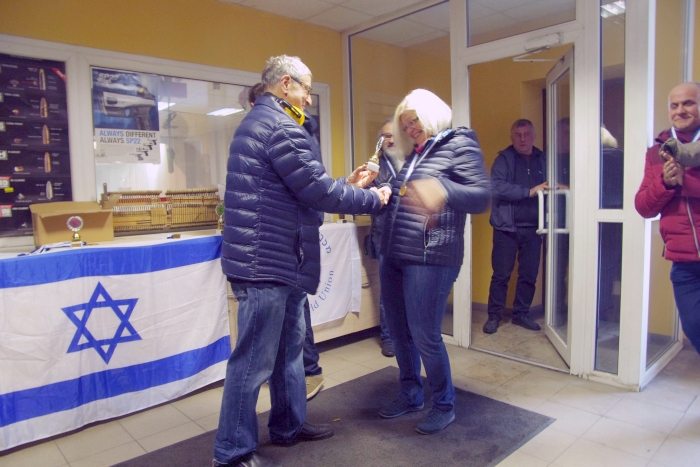
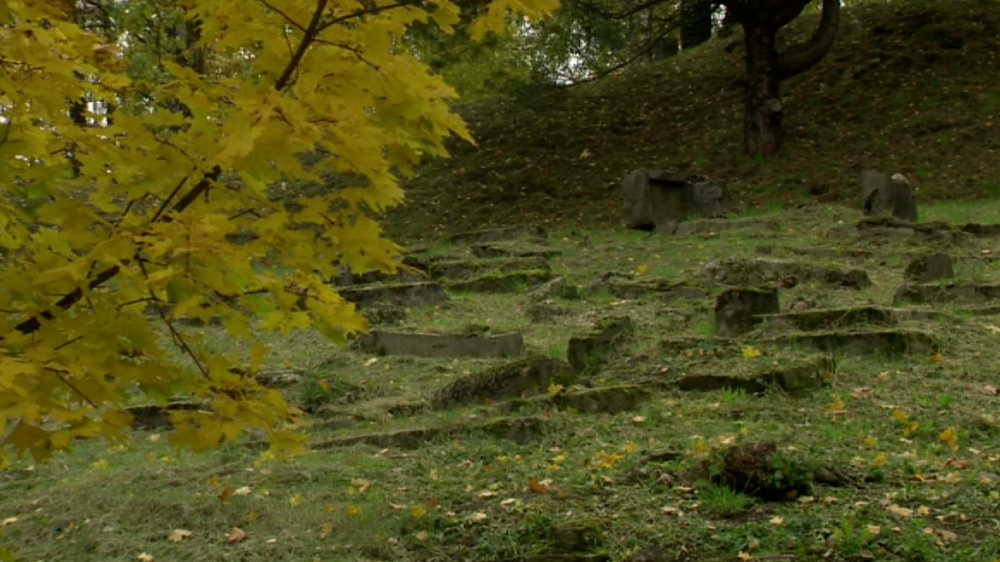
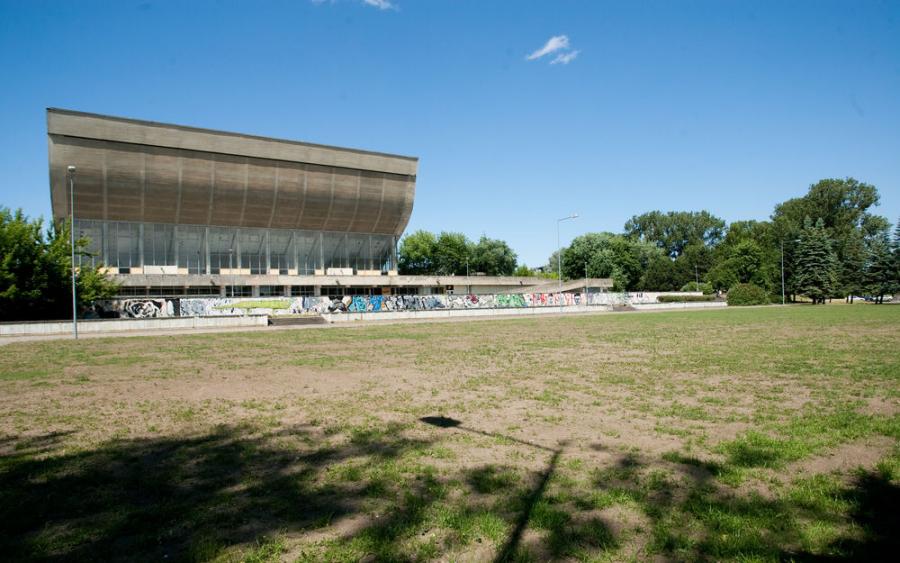
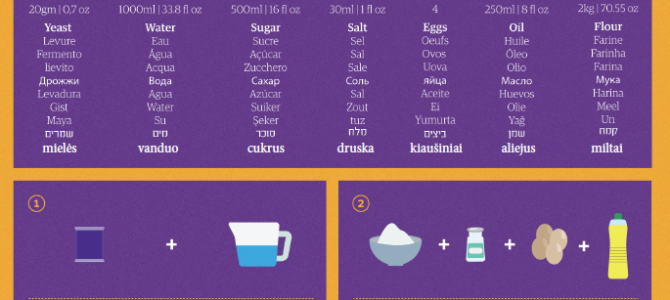
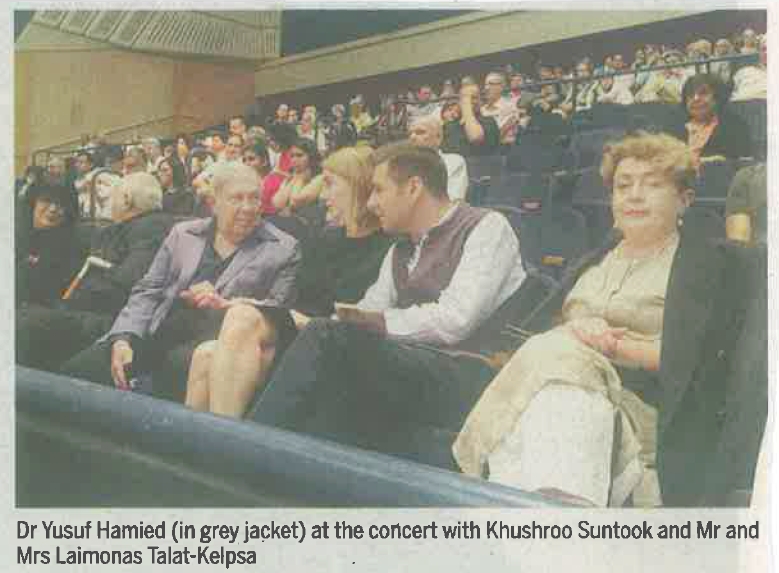
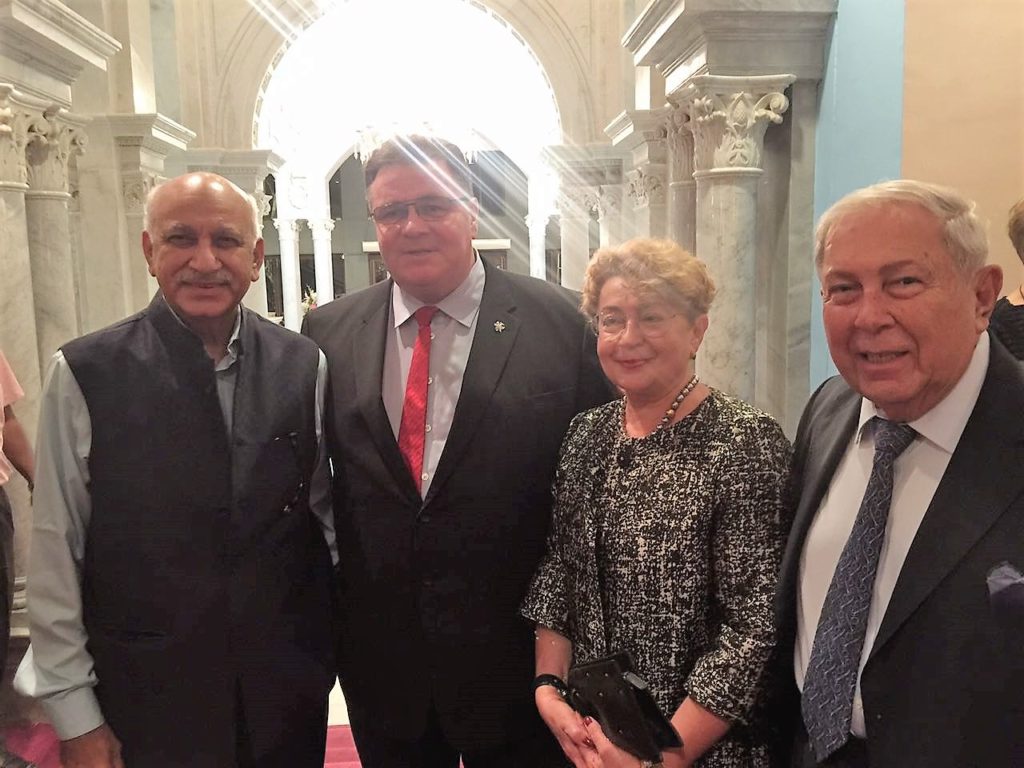
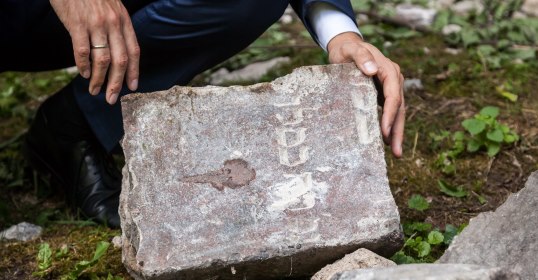
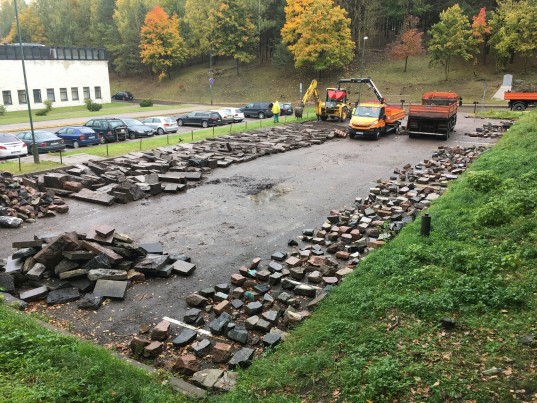
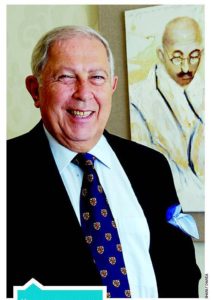 by Kenneth X. Robbins and John Mcleod
by Kenneth X. Robbins and John Mcleod

